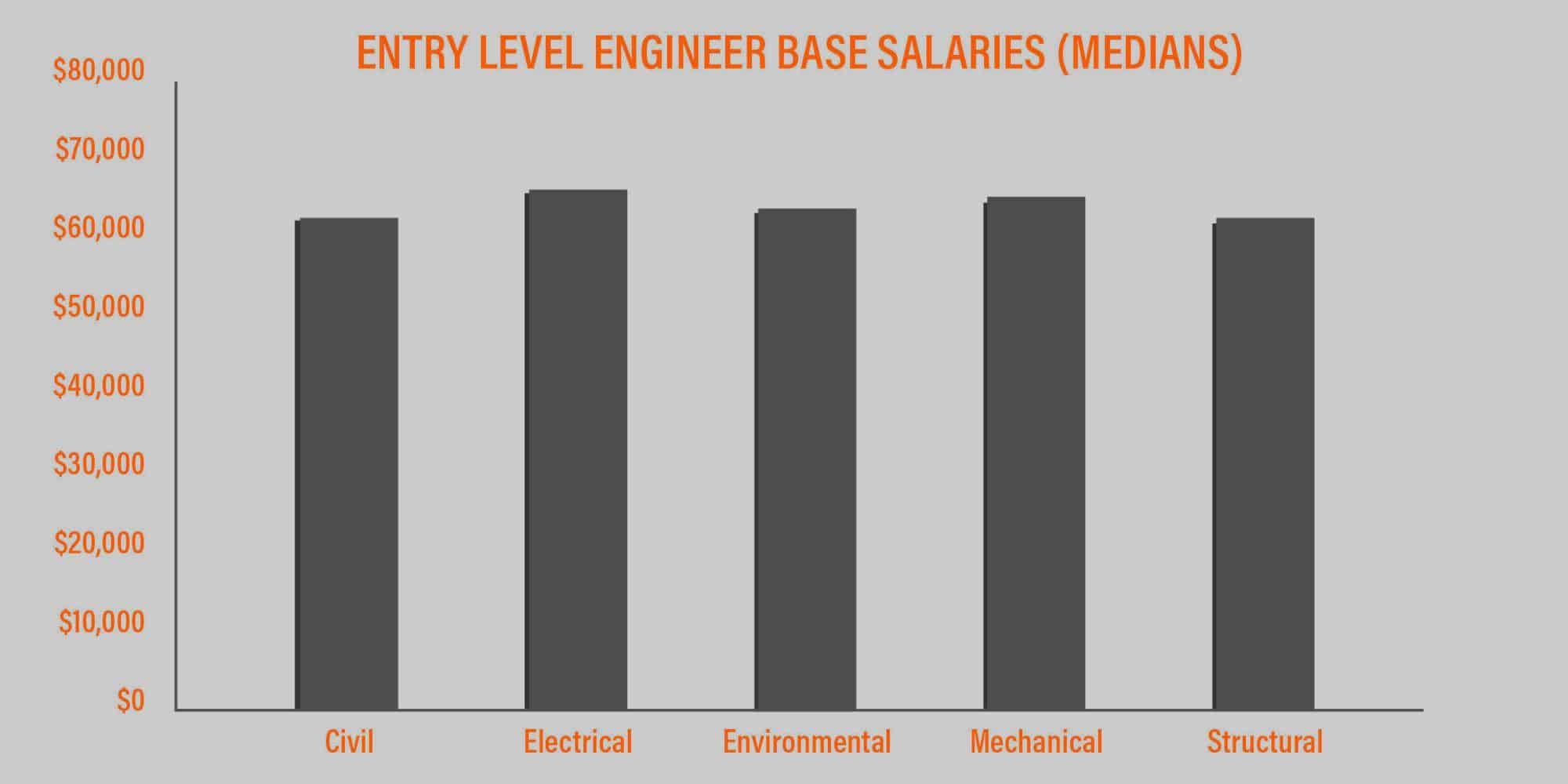Civil Engineer Salary In Malaysia 2018
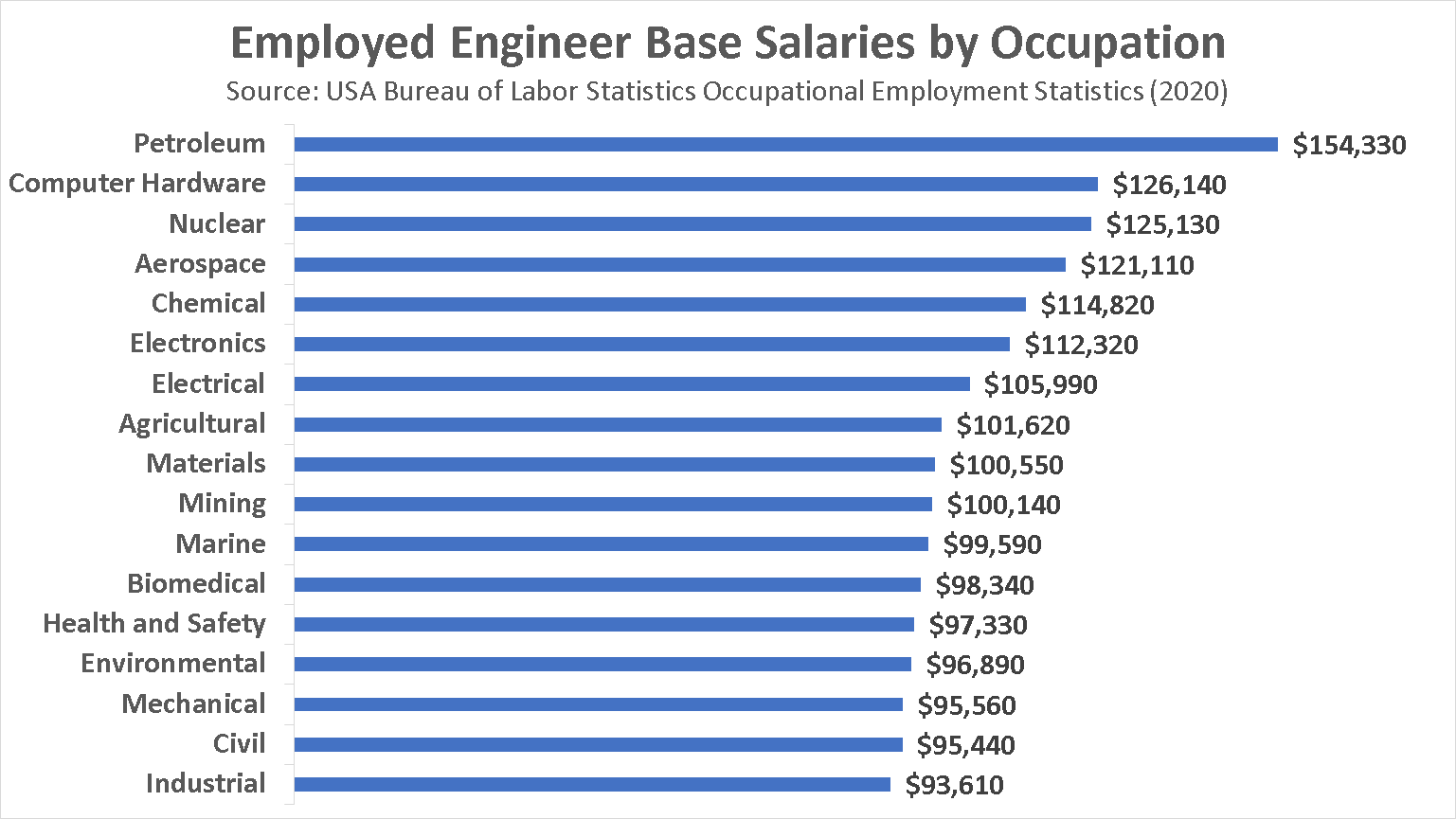
The year 2018 marked a period of significant discussion and scrutiny regarding the compensation of civil engineers in Malaysia. Amidst rising living costs and increasing demands for infrastructure development, the financial rewards for these crucial professionals came under the spotlight.
This article delves into the salary landscape for civil engineers in Malaysia during 2018, drawing on available data and industry insights to provide a comprehensive overview of earning potential, influencing factors, and emerging trends. Understanding the financial realities of this profession during that period is vital for both current practitioners and aspiring engineers navigating their career paths.
The Salary Spectrum: An Overview
In 2018, the salary for civil engineers in Malaysia varied considerably, depending on factors such as experience level, qualifications, specialization, and the size and type of employer. Entry-level engineers could expect to earn in the range of RM 2,500 to RM 3,500 per month.
More experienced engineers, particularly those holding professional certifications from bodies like the Board of Engineers Malaysia (BEM), commanded significantly higher salaries. Experienced civil engineers' salaries could range from RM 5,000 to RM 10,000 or even higher, depending on the scope of their responsibilities and the complexity of the projects they managed.
Factors Influencing Salary Levels
Several key factors contributed to the variance in civil engineer salaries during this period. Experience was undeniably a major determinant. The more years of relevant experience an engineer possessed, the higher their earning potential became.
Educational qualifications also played a crucial role. Engineers holding postgraduate degrees or specialized certifications were generally compensated more favorably. The size and reputation of the employer had a considerable impact.
Large multinational corporations and government agencies typically offered more competitive salaries compared to smaller local firms. Geographic location also mattered, with engineers working in major cities like Kuala Lumpur or Johor Bahru often earning more than those in smaller towns or rural areas.
Industry Benchmarks and Data Sources
It's crucial to acknowledge the limitations in precisely pinpointing definitive average salary figures for civil engineers in 2018. Data collection methodologies varied, and access to comprehensive, publicly available datasets was limited.
However, industry reports, recruitment agency surveys, and anecdotal evidence from engineers themselves offered valuable insights. While these sources might not provide absolute accuracy, they paint a reasonable picture of the salary landscape at the time. Recruitment firms like JobStreet and Monster often published salary surveys that provided broad ranges based on their placement data.
Professional organizations, though they might not release explicit salary figures, sometimes alluded to earning expectations based on experience levels during career talks and workshops. These resources, when considered collectively, provided a reasonable understanding of prevailing salary levels.
The Impact of Economic Conditions
Malaysia's economic climate in 2018 had a direct impact on the civil engineering sector. The ongoing infrastructure projects, such as the East Coast Rail Link (ECRL) and the Pan Borneo Highway, fueled demand for civil engineers.
However, economic uncertainties and fluctuations in commodity prices could also influence project budgets and subsequently affect salary levels. Furthermore, the supply and demand dynamics within the engineering profession itself impacted compensation. An oversupply of graduates in certain specializations could potentially exert downward pressure on salaries.
Perspectives on Salary Adequacy
Whether the salaries earned by civil engineers in 2018 were "adequate" is a matter of perspective. While some engineers felt fairly compensated, others expressed concerns about the rising cost of living and the need for more competitive wages.
Entry-level engineers, in particular, often faced challenges in managing student loan debts and establishing financial stability on relatively modest starting salaries. More experienced engineers, while earning more, also shouldered greater responsibilities and faced the pressures of project management and team leadership.
The discussion often revolved around the need for salaries to reflect the value and importance of civil engineers' contributions to society and infrastructure development. Advocates emphasized the need for greater investment in engineering talent and the recognition of the critical role that civil engineers play in building and maintaining the nation's infrastructure.
Looking Ahead
Although 2018 is in the past, understanding the salary trends during that period provides a valuable historical context for analyzing the evolution of civil engineering compensation in Malaysia. As Malaysia continues to develop and invest in infrastructure, the demand for skilled civil engineers will likely persist.
The long-term outlook for civil engineering salaries will depend on various factors, including economic growth, technological advancements, and the government's policies on infrastructure spending. Continuous professional development and specialization in high-demand areas will be crucial for engineers seeking to maximize their earning potential in the years to come.

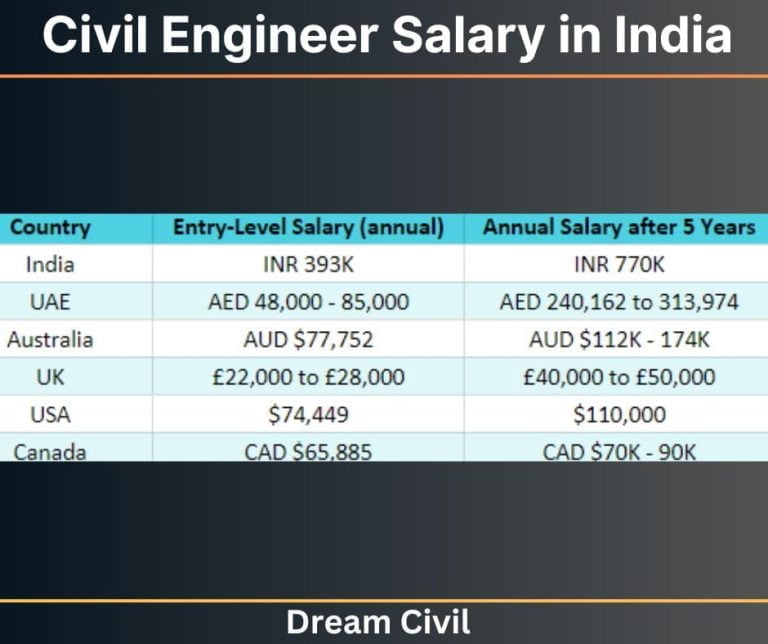





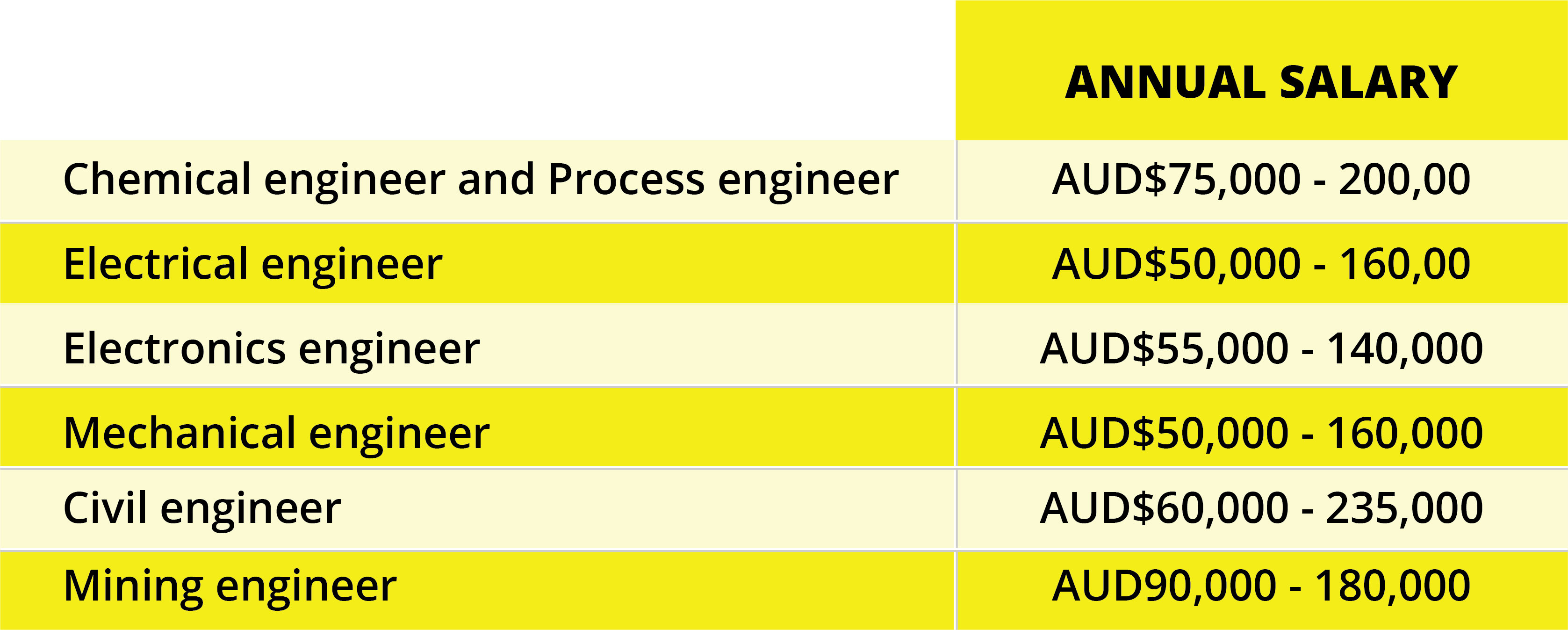
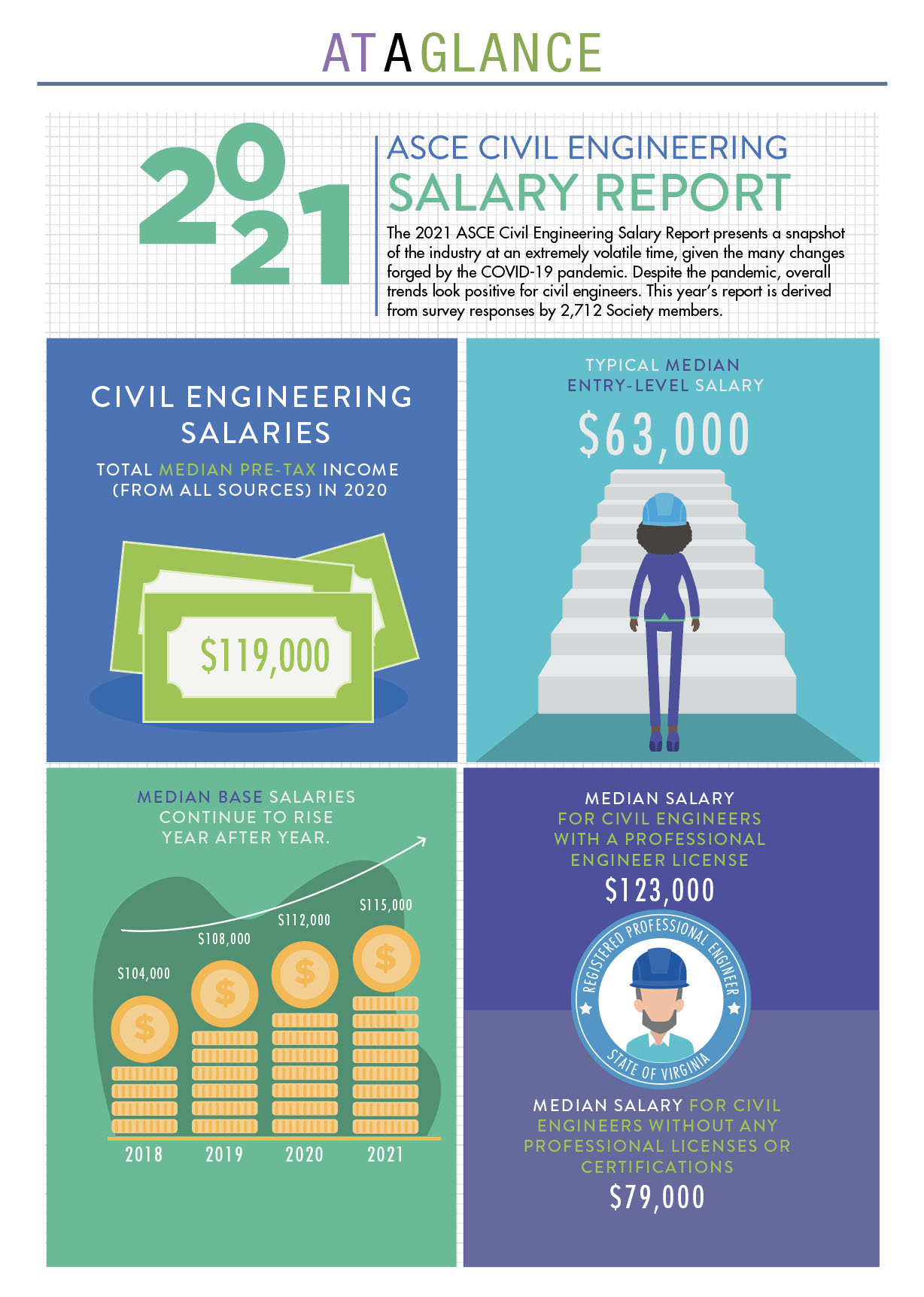
![Civil Engineer Salary In Malaysia 2018 Civil Engineering Salary Guide [2025 Updated]](https://www.constructionplacements.com/wp-content/uploads/2022/09/Civil-Engineering-Salary-Guide.jpg)




